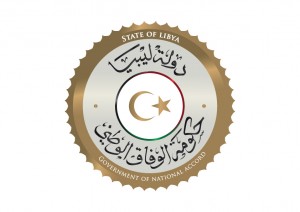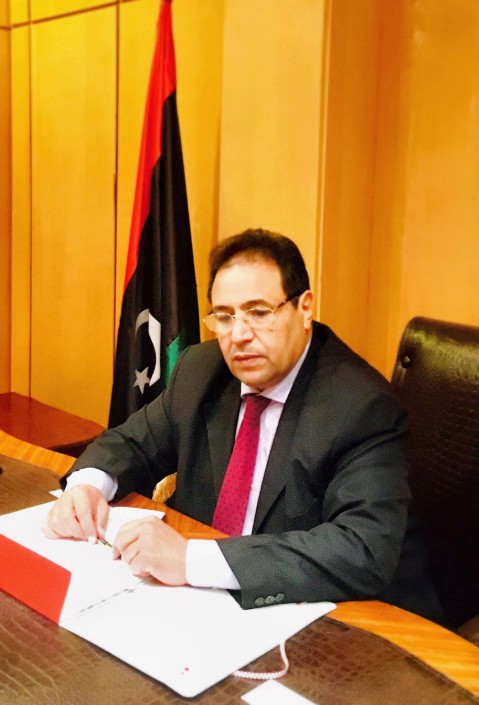By Sami Zaptia.

London, 4 April 2016:
The Presidency Council (PC) / Government of National Accord (GNA) led by PM designate Faiez Serraj . . .[restrict]has issued a decree (No.7) freezing all state bank accounts except for accounts for state salaries.
The decree came after the PC held a meeting at its headquarters at the naval base in Tripoli Sunday with the Central Bank of Libya (CBL), the Audit Bureau and major banks.
The meeting discussed ways in which to deal with the pressing economic problems such as the cash shortage at banks and the FX rate of major currencies against the Libyan dinar.
The PC had earlier passed another decree (No.6) creating a finance committee headed by one of its members to oversee financial affairs until ministers of finance, economy and planning are approved by the House of Representatives (HoR).
It will be recalled that the proposed GNA government has yet to be approved. The HoR has failed in five meetings since January to secure a quorum in order to vote on the GNA proposed government.
So while Serraj and his PC may be operating in a legal vacuum, it will be interesting to see if the two decrees by the PC will have any effect in Tripoli, a city and its ministries and state institutions until last week controlled by the internationally unrecognized Tripoli administration.
This will be the first major test of the effectiveness and enforceability of the Serraj-led government. If it succeeds in controlling the purse strings of Libya and its oil revenue, it will become the de facto government of Libya – irrespective of all the de jure nuances.
It will be recalled that all of Libya’s oil revenues are controlled by the Tripoli-based National Oil Corporation (NOC) and Tripoli-based CBL. Throughout this period of political polarization since 2014 between east and west, all the money to eastern Libya has been passed on by the Tripoli-based CBL. [/restrict]








